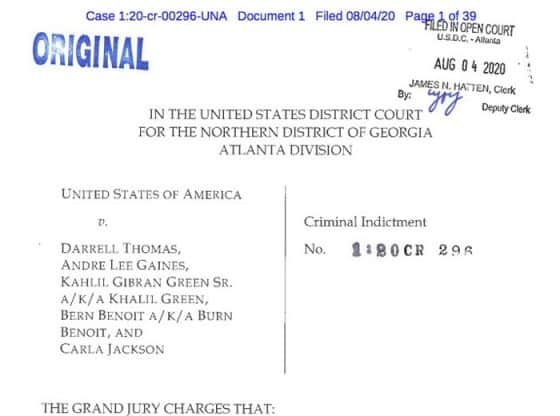In a summary judgment, a federal court ruled that a couple that performed odd jobs for a small business were not covered by the Fair Labor Standards Act (FLSA) because the business did not hit a revenue threshold of $500,000 and because the couple’s limited interactions with out of state customers did not constitute interstate commerce. The details in U.S. District Court for the Middle District of Tennessee’s ruling in Davis v. Patel can serve as a roadmap for small businesses looking to head off expensive FLSA litigation.
Key Takeaways:
- “The court allowed limited discovery as to whether FLSA coverage existed and ordered briefing on that issue; After conducting written discovery, the motel filed for summary judgment.”
- “While the magistrate judge recommended that the motel’s summary judgment motion be granted, the district court judge held that the Davises’ declarations created a genuine issue of material fact as to the frequency and extent of their front-desk duties.”
- “With this additional evidence, the district court held that the Davises’ limited contact with interstate travelers did not constitute engaging in interstate commerce for the purposes of the FLSA. The court granted summary judgment in favor of the motel. “
“Precise evidence can prove that the Fair Labor Standards Act (FLSA) does not cover employees if the employer’s revenue is less than $500,000 and the workers didn’t engage in interstate commerce”










